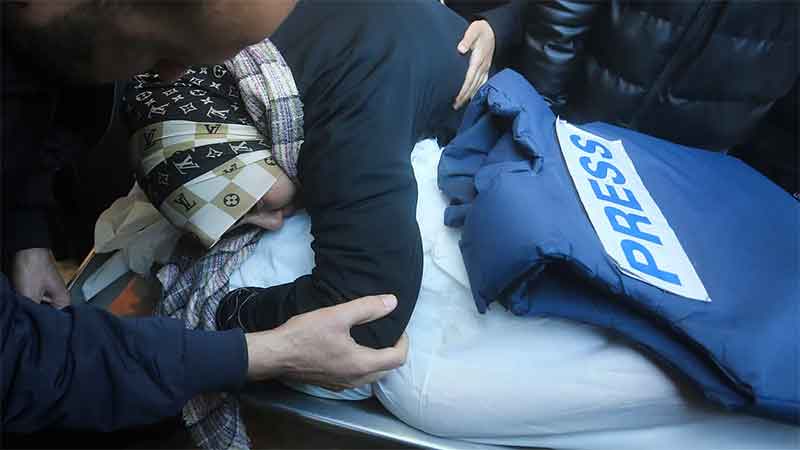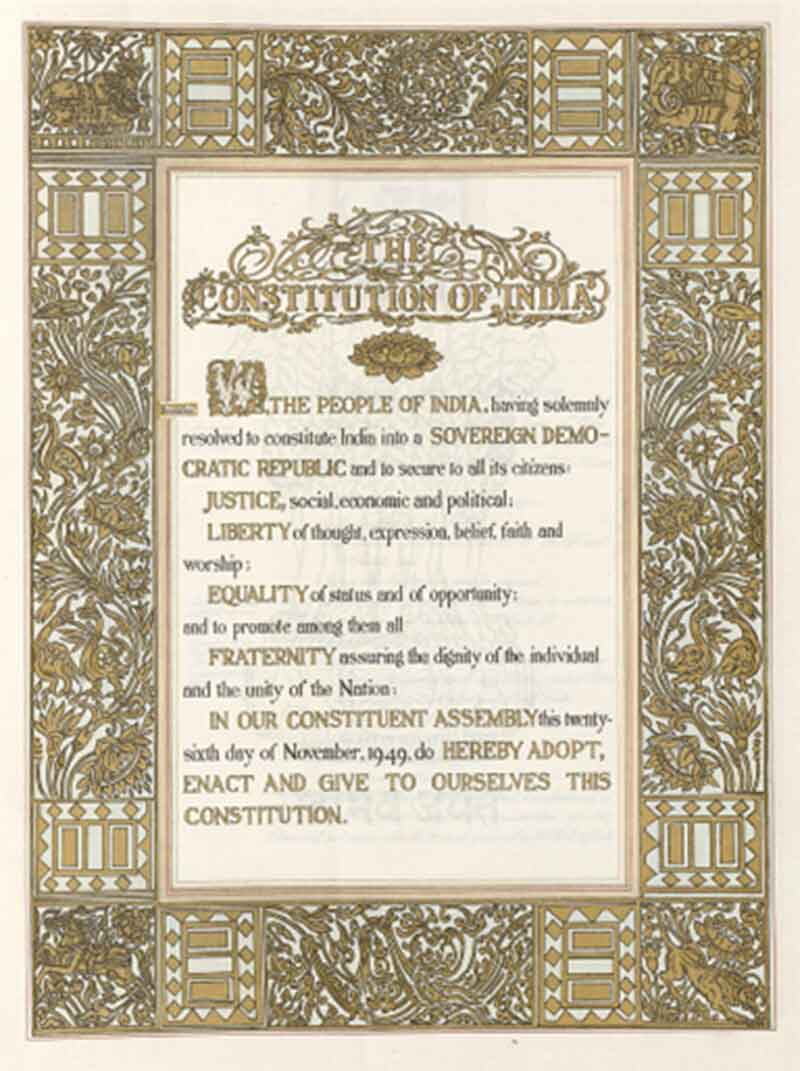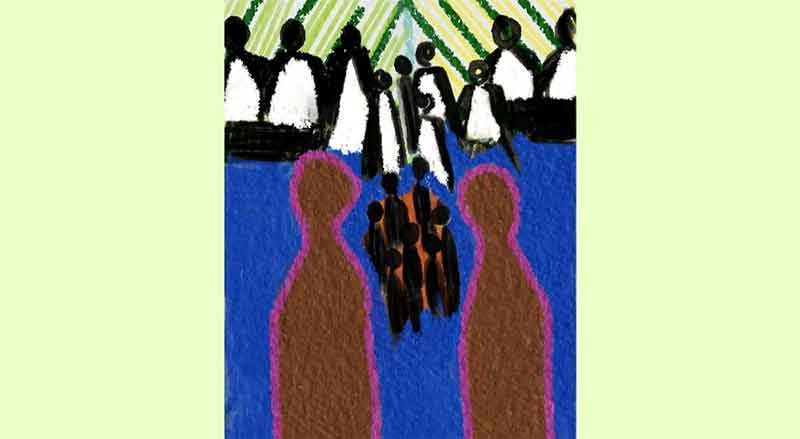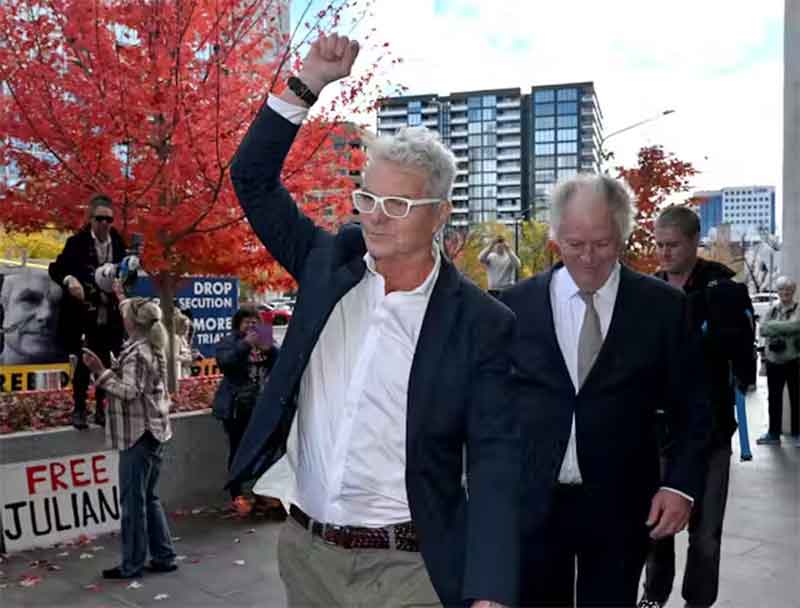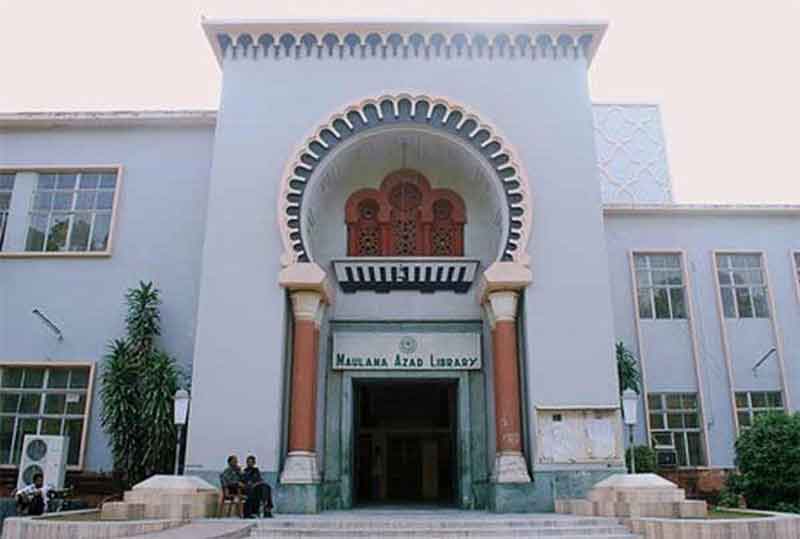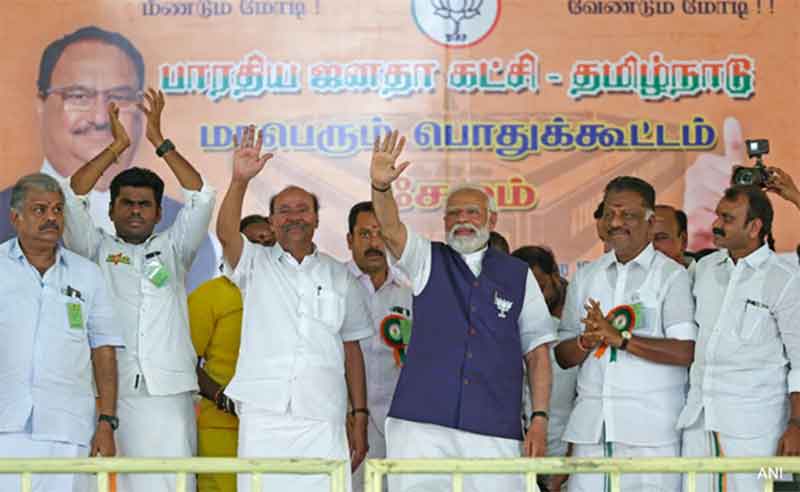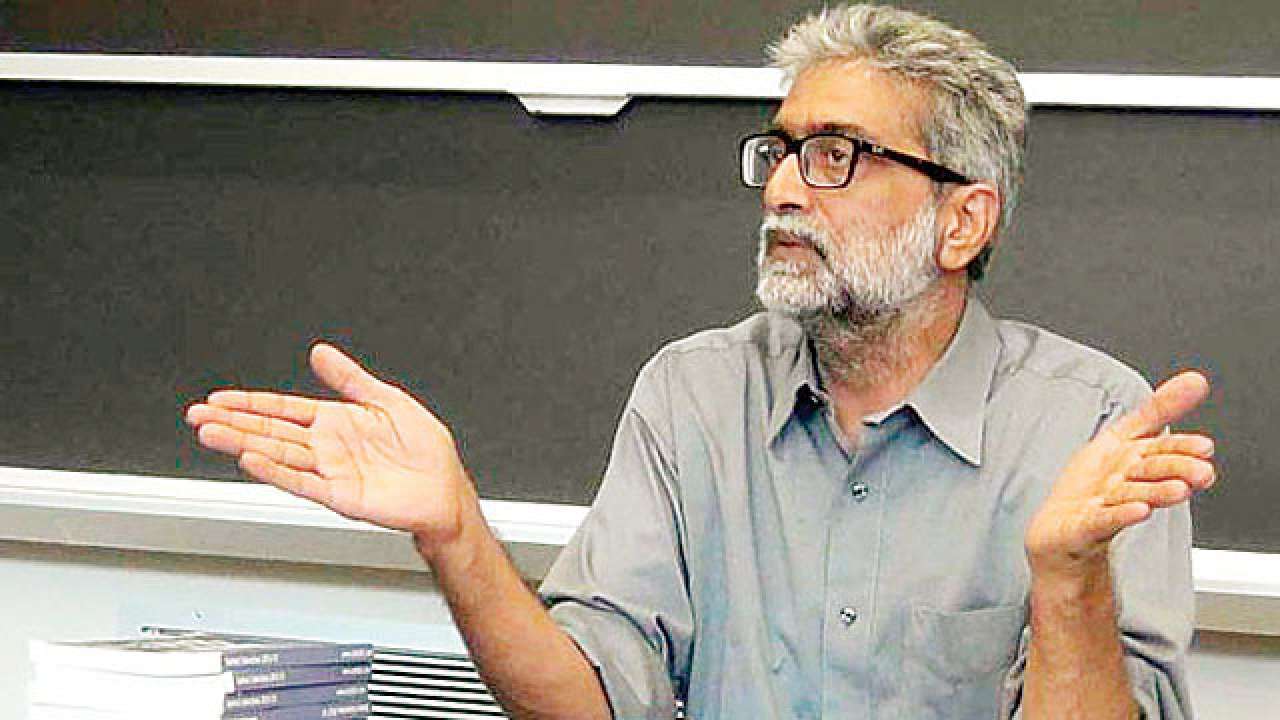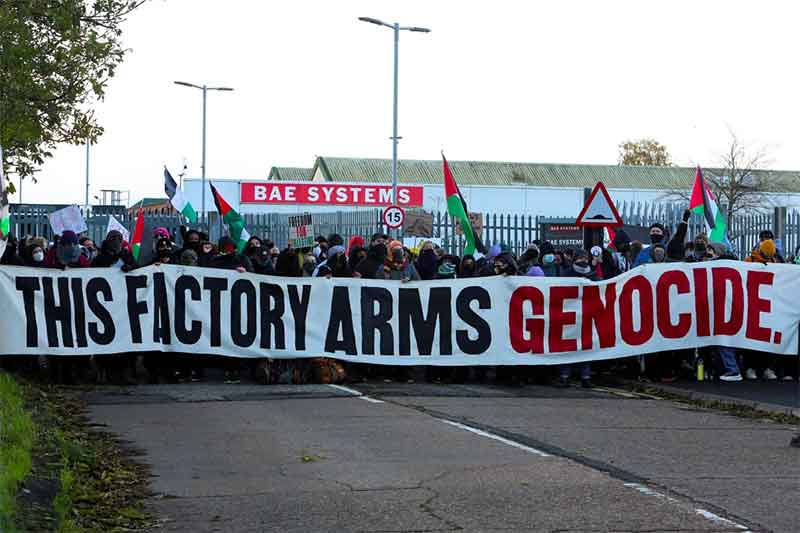
“When plunder [and dispossession] becomes a way of life for a group of men in a society, over the course of time they create for themselves a legal system that authorizes it and a moral code that glorifies it.”― Frédéric Bastiat
Ilan Pappe, the Israeli historian, wrote in “The Forgotten Palestinians” that “Zionism was born out of two impulses; the first was to find a safe haven for Jews; the second was to re-invent Judaism as a national movement, inspired by the 1848 national movements in Europe; But the national and humanist impulse became subsumed by a colonialist one with a need for a pure Jewish space; and in 1948 the only way of achieving this was by the ethnic cleansing of one million Palestinians. As a result, 500 Palestine villages were forcibly depopulated and a “permanent dispossession of the indigenous population of Palestine” took place.
The Peel Commission of 1937 admitted that the Balfour Declaration of 1917 had given the British a Mandate that could not be implemented. The Mandate created an antagonism between Arabs and Jews. The Peel Commission recommended a Partition, but it was opposed by both groups. The World Zionist Congress of 1937, for instance, demanded a larger share of the land in a Partition. By 1947 the British realized that after the losses suffered during World War II, and the costs of keeping a substantial military force in Palestine, they could no longer sustain their U.N. Mandate.
The costs of dispossession are diverse, with the indigenous being traumatized when they lose ancestral land, while at other times there is a moral cost that leaves levels of anger, rage and anguish experienced by those who are intimidated and displaced; But it also leaves a residue of guilt by the occupier in order to justify the appropriation of indigenous land.
Although they are several centuries apart, what is taking place in Palestine resembles that which took place in Ireland in the 17th century. Oliver Cromwell, the Puritan leader invaded Ireland, ostensibly as a reprisal against the Catholic Coalition of Ireland in 1649. As a punitive measure he conducted massacres of the inhabitants of Wexford and Drogheda. His scorched earth policy included burning crops and torching farms.
According to the 19th century historian William Lecky the letters of Cromwell included comments of the Drogheda massacre where he personally ordered all the inhabitants to be killed. For instance, during Sunday services at the Church of St Peter, 1000 of the worshippers were “put to the sword” Cromwell himself wrote: “all of their friars were knocked on the head except two who were taken prisoner and killed”. He continued “…a great thing [has been] done, not by power or might but by the Spirit of God…it is good that God alone have all the glory” (Lecky, “A History of Ireland”). At another town (Tredagh), an Oxford historian, Anthony Wood, who accompanied Cromwell, related that 3000 were slain, including women and children hiding in “vaults underneath the church; [all] were “put to the sword”. Lecky pointed out that such cruel acts, of which there were many, “left behind memories that are the most fatal obstacles to the reconciliation of nations”. In Ireland Lecky noted that Cromwell’s deeds still “act as a spell upon the Irish mind…sustaining hatred of England…”
Although the effects of Cromwell’s War continued on after 1652, Sir William Petty calculated that during those subsequent 11 years “out of an Irish population of 1,460,000, those who died as “a result of war, plague and famine”, were estimated at 616,000 (504,000 being Irish)
Cromwell and his “New Model Army” left a traumatized country, forcing tens of thousands to move to economically deprived areas in the West of Ireland or being transported to the West Indies. The phrase: “Go to hell or to Connaught” was attributed to him, illustrating his total lack of empathy for the defeated. The stark contrast with English news outlets at the time was far different: In October 1652 a London newsbook, The Faithful Scout, reported that ‘the long-expected news of the Irish calm, is at last blown over to us with a happy gale’. In “Enforcing Transplantation-1654-1659) the author notes that: “By the spring of 1655 the Irish government was at last ready to attempt the full implementation of its transplantation policy”.
The Act of Settlement 1652 formalised the change in land ownership as Catholics were barred from the Irish Parliament altogether, forbidden to live in towns and from marrying Protestants. In addition, “some fifty thousand Irish people, including prisoners of war, were sold as indentured servants under the English Commonwealth regime”. The practice of Catholicism was banned and bounties were offered for the capture of priests, who were executed when found.
William Petty, an economist and philosopher who served with Cromwell, estimated that 54,000 Irishmen left the country to serve in foreign armies.
Cromwell returned to England after his conquest of Ireland, which was hailed as a great victory. Soon after, he invaded Scotland and succeeded in compelling that nation into a Parliamentary Union with England. Although Cromwell lived an additional eight years he died of Malaria and kidney stones. Despite being buried with great pomp in Westminster Abbey, he was subsequently dis-interred following the Restoration of Charles II and hung in chains in Tyburn. Although continuing to be held in high esteem by most Puritans, the Royalists reviled him for his execution of the king.
By an interesting coincidence, in the time of Cromwell’s depredations, the influential preacher, Increase Mather, came from the Massachusetts Bay Colony to pursue a higher degree in theology at Trinity College, Dublin. He received support from Cromwell by way of a beneficence at Magherafelt. Fearful of repercussions after the return of Charles II to the throne, he returned to the Bay Colony and in 1681 became President of Harvard College.
A decade prior to Mather’s Irish journey, an infamous event took place in which up to 700 Pequots were massacred and hundreds more sold into slavery in the West Indies. This is considered the first genocide to take place in New England. The Puritan justification for killing men, women and children was ironically expressed by the Puritan leader, John Underhill who declared that “sometimes the Scripture declareth women and children must perish with their parents…We had sufficient light from the Word of God for our proceedings.”
Even with all the intervening years since his death Cromwell’s destructiveness still evokes anger. His legacy, due to his year-long killing spree and his expropriation of hundreds of thousands of acres of Indigenous Irish land was the fact that he set in motion a series of precedents that compelled the majority of Irish into servitude and placed the ownership of the land in English hands.
The Puritans of New England followed similar precedents of expropriating Indigenous land. They were aided by disease and famine among the estimated five hundred Native tribes who, like the Pequots, were marginalized if they did not agree to treaties that, unfortunately, were seldom honored. The attitude at the time, was one of dehumanizing in order to justify dispossession.
In Israel, there exists an equivalent to Cromwell, Benjamin Netanyahu, whose genocidal methods would fit well with Cromwell in Ireland or the Puritan treatment of the Pequots. Netanyahu and the extremist members of the Knesset have actively encouraged the destruction of Gaza, the homeland of 2 million Palestinians. He is encouraged by U.S. policies which continue to replenish his military with a multitude of 2000 pound bombs. Netanyahu has a grim need to project demonic attributes on Hamas, the Gazan defense force who he compares to Amalekites, an enemy in ancient Israel. In this case the Israelites are “commanded to destroy the Amalekites by killing man, woman, infant and suckling”, this was in reference to the Palestinians in Gaza.
Perhaps we will see Netanyahu face similar circumstances as Cromwell, by being tolerated during a national emergency but rejected after order is restored. Will he leave a legacy of anger and animosity when the enormity of his crimes are revealed in the clear light of day. It may be, as with Cromwell, that the public will cast his memory into “oblivion”, with his “followers of convenience” resigning themselves to the back benches of the Knesset.
President Biden has had an extensive relationship with Ireland by way of his parents, especially his mother. But it appears he does not comprehend Irish history very well, nor is he able to see that its most traumatic experiences are being replicated by a Cromwellian style of brutality in Gaza. If he had done minimal reading of the invasion of Ireland in the mid-17t century he might have glimpsed that its horrifying history is being repeated on a global viewership scale with the complicity of America. Perhaps he will discover, most likely too late, that he has participated in a great tragedy against a population lacking any sustained means of defense from the bombs raining down on Gaza’s cities and towns.
Hugh Curran was born in the Northwest of Ireland and teaches in Peace & Reconciliation Studies at the University of Maine






